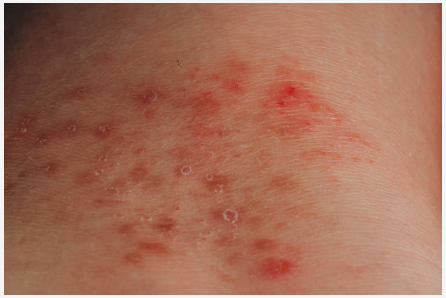Exploring Conditions Treated by General Dermatology
Skin health is integral to overall well-being, as the skin is the body’s largest organ, functioning as a barrier and a reflection of internal health. Dermatology is a specialized field of medicine focused on addressing conditions affecting the skin, hair, nails, and mucous membranes. While many people are familiar with dermatology in the context of acne or skin aging, general dermatology encompasses a wide range of conditions.
What Are Conditions Treated by Dermatology?
General dermatology diagnoses and manages an array of dermatological conditions. Dermatologists are equipped to handle issues that span the spectrum from mild and routine to complex and chronic. Here are some of the most common conditions general dermatologists address:
Acne
Acne is one of the most prevalent skin conditions, affecting individuals of all ages but most prominently seen during adolescence. It manifests in various forms, including blackheads, whiteheads, papules, pustules, and cysts. While some cases resolve with over-the-counter treatments, others may require professional intervention to minimize scarring and manage persistent outbreaks.
Psoriasis
Psoriasis is an immune-mediated condition characterized by red, scaly plaques on the skin. This condition can also impact joints in some cases, known as psoriatic arthritis. General dermatologists work with patients to help manage symptoms and improve skin appearance and comfort.
Eczema (Atopic Dermatitis)
Eczema is a chronic skin condition that results in itchy, inflamed skin. Triggers can range from allergens and irritants to environmental factors. Dermatologists evaluate the severity of eczema and develop tailor-made strategies to control flare-ups.
Rosacea
Rosacea is a visible condition marked by persistent facial redness, swelling, and, in some cases, acne-like bumps. It can also involve sensitivity to temperature changes and environmental triggers. Dermatologists help pinpoint triggers and reduce symptom occurrence.
Skin Cancer and Suspicious Lesions
General dermatologists play a pivotal role in skin cancer detection and prevention. They perform thorough skin examinations to identify and monitor suspicious moles or lesions. The aim is to catch potential malignancies like melanoma, basal cell carcinoma, or squamous cell carcinoma early.
How Are These Conditions Treated?
General dermatologists utilize a combination of medical knowledge, diagnostic tools, and advanced treatments to manage and improve skin health. Their approach is individualized to each patient and the condition they are addressing. Standard treatment methods include the following:
Topical Medications
Topical treatments are often the first line of defense for many dermatological conditions. These include creams, ointments, and gels containing active ingredients like retinoids, corticosteroids, antibiotics, or antifungal agents. Acne might be treated with benzoyl peroxide or salicylic acid, while eczema patients may receive prescription corticosteroids.
Oral Medications
When topical treatments are insufficient, dermatologists may prescribe oral medications. Antibiotics, antifungals, antihistamines, or immune-suppressing drugs are common options for certain conditions. Oral isotretinoin can be used for severe, cystic acne.
Procedures and Surgical Interventions
Certain conditions may require in-office procedures for diagnosis or treatment. These methods tend to be minimally or non-invasive in nature. Examples include:
- Cryotherapy: Used to freeze and remove warts or precancerous lesions.
- Excision or Biopsy: Conducted to remove suspicious moles or diagnose skin cancer.
- Laser Therapy: Helps manage pigmentation issues or reduce the appearance of scars and rosacea.
- Chemical Peels: Used for exfoliating skin layers, improving skin texture, and treating conditions like acne.
Reach Out to a Dermatologist
Skin conditions can significantly impact physical health, making the role of general dermatology foundational to overall well-being. Whether you are dealing with a minor concern or a chronic condition, consulting a dermatologist can provide clarity and professional guidance tailored to your needs. Connect with a board-certified dermatologist today to explore tailored solutions and take the first step toward healthier skin.






